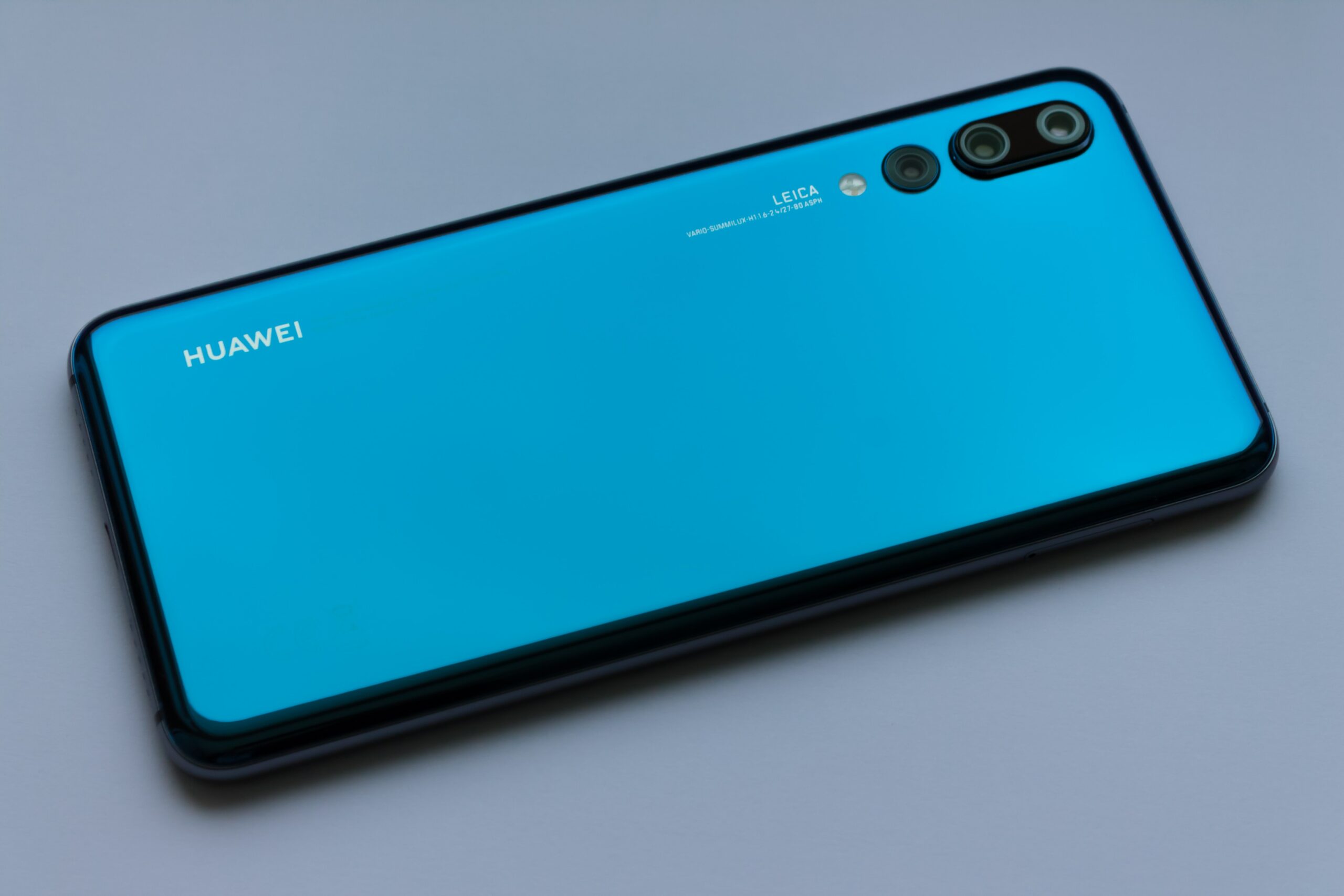At Mobile World Congress in Barcelona, Huawei continues its diversification strategy. The company announces lots of new products dedicated to home and work.
Blacklisted by the United States in 2019, Huawei has seen its smartphone business collapse. Formerly on the verge of becoming number 1 in the world, the Chinese manufacturer no longer has the right to use Google's Android and, recently, is no longer able to supply itself with certain components, which deprives its mobiles of 5G. A situation as unprecedented as it is cruel, which abruptly stopped its growth.
Fortunately, Huawei still has a card to play: diversification. Sunday, February 27, at the Mobile World Congress in Barcelona, he has just announced lots of new products that have nothing to do with smartphones, such as an all-in-one computer or a reading tablet. Given their characteristics, they have everything to be a hit.
MateStation X, the tactile iMac
On Windows (US bans Google from working with Huawei, but not Microsoft), the MateStation X is perhaps the most compelling iMac competitor ever introduced. Equipped with a 28.2-inch edge-to-edge touchscreen, the MateStation X uses the super 3:2 format of the MateView screen (one of the best monitors on the market in our opinion), with 4K+ definition. Hard to beat. Our first grip really made us want to use it more.
Ultra minimalist, the MateStation X conceals its ports on the side, just to be as pretty when viewed from the back (in an open space for example) as from the front. Its speakers are designed in partnership with Devialet, which should allow it to enjoy good sound quality. The screen can be tilted forward or back, but not readjusted up and down. Huawei delivers its computer with a mouse and keyboard. The latter embeds a fingerprint sensor, to be unlocked more quickly.
Equipped with an AMD Ryzen 5 5600H or AMD Ryzen 7 5800H processor (with integrated graphics card), the MateStation X has 16 GB of RAM and 512 GB of internal storage. Thin borders oblige, its integrated webcam uses a 1 Mpix sensor and is content to film in 720p. However, it should help out, even if buying a better quality external webcam seems mandatory for more professional use.
Marketed from 2199 euros, the MateStation X attacks Apple on the high end. Even if this price may disappoint some, it is the first time in a long time that a competitor of the iMac seems to us able to compete with the computer from Apple. Will we soon see it on many desks? Huawei seems determined to make it such a product designed for business.
MatePad Paper: the first Huawei eReader
Unfortunately, on the price level, Huawei does not match Amazon. At 499 euros, the MatePad Paper takes the risk of being the first in a category of which we do not yet know much. Is there an audience for a high-end e-Ink display tablet? We will know soon. In any case, the MatePad Paper really inspires us. Note however that our first grip showed us the first limits of e-Ink technology, with in particular several lags on the screen. Do we really want to work on a slab like this? We can't wait to try it!
Huawei also thinks about printers
Always in a desire to create an increasingly rich IT ecosystem (and to be less dependent on the smartphone), Huawei is also presenting new MateBook computers in Barcelona. One is a high-end machine that uses the aesthetic codes of the MacBook Pro, the other is a Windows tablet with a magnetic keyboard. With prices of 1899 and 649 euros, these two products target two different categories.
Finally, the Chinese brand unveiled another unexpected product: a printer called PixLab X1. In a market as lazy as that of the printer, we can not help but that the arrival of Huawei could do good, especially if the brand attacks in a second time at the entry level. The PixLab X1, capable of printing 28 pages per minute, highlights its easy-to-replace cartridges and its intelligent functions (printing in one NFC tap, configuration in a few seconds on the smartphone, etc.). Only downside, at 329 euros, Huawei is not for the person who just wants to telecommute and print a few documents.
In Barcelona, Huawei proves to us once again that it is too big to let the American sanctions bring it down. In our opinion, the Chinese manufacturer is adopting the right strategy, namely to diversify into many sectors. The products announced today are not affected by US sanctions, which should help the company continue to grow in these markets.



